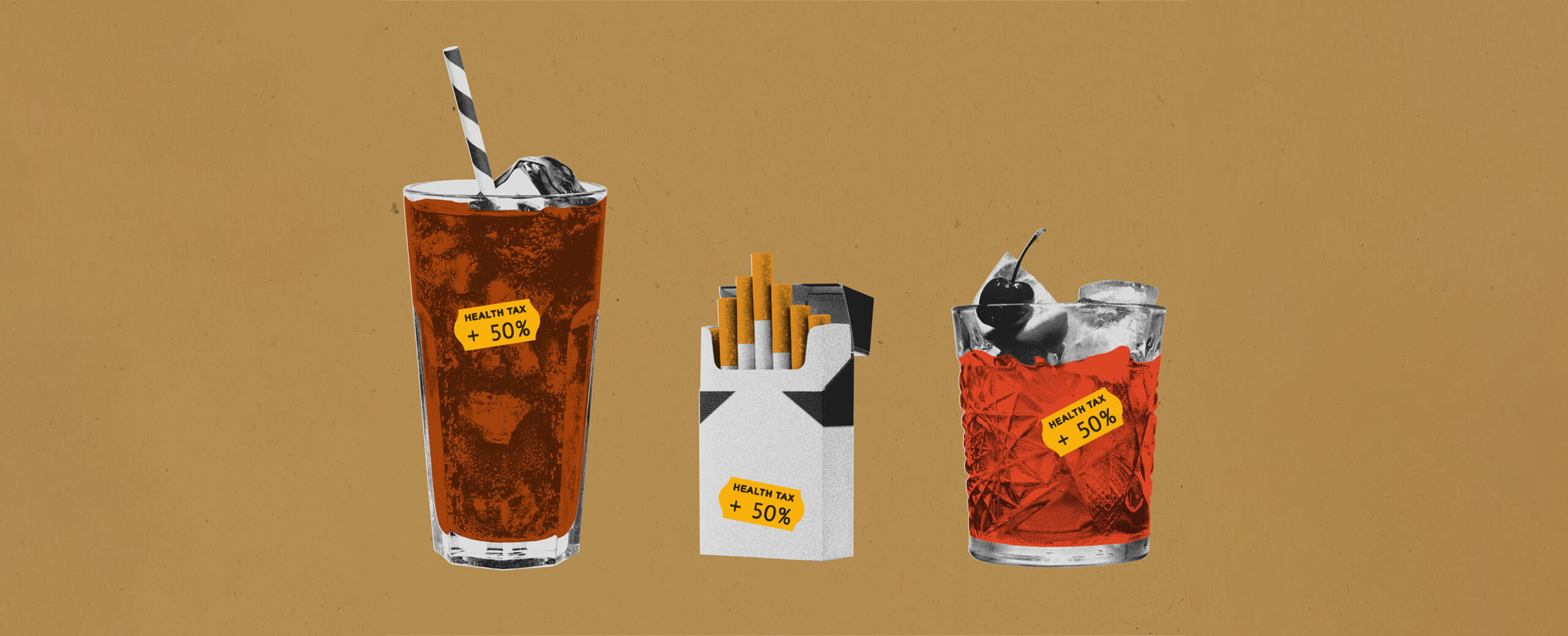Higher taxes on tobacco, alcohol, and sugary drinks could raise $2.1 trillion for low- and middle-income countries while improving public health and reducing reliance on foreign aid, says the IMF.
A new Finance & Development article by Masood Ahmed and Minouche Shafik makes a strong case for increasing health taxes on tobacco, alcohol, and sugary drinks. These taxes, the authors argue, not only help reduce rates of noncommunicable diseases such as cancer, diabetes, and stroke, but can also generate substantial revenue—an estimated $2.1 trillion over five years for low- and middle-income countries. This could account for 40% of their public health spending and significantly ease fiscal pressure amid slowing global growth and reduced aid.
Evidence from countries like the Philippines and Lithuania demonstrates how targeted tax hikes can expand fiscal space and fund universal health services. Importantly, the article notes that health taxes are progressive—lower-income groups reduce consumption more in response to price increases, leading to better health outcomes and lower personal healthcare costs.
Despite their benefits, health taxes remain underutilised and often fall below WHO-recommended levels. The authors urge governments to commit to regularly increasing these taxes beyond inflation, framing them as a powerful, equitable tool for sustainable development and public health.


